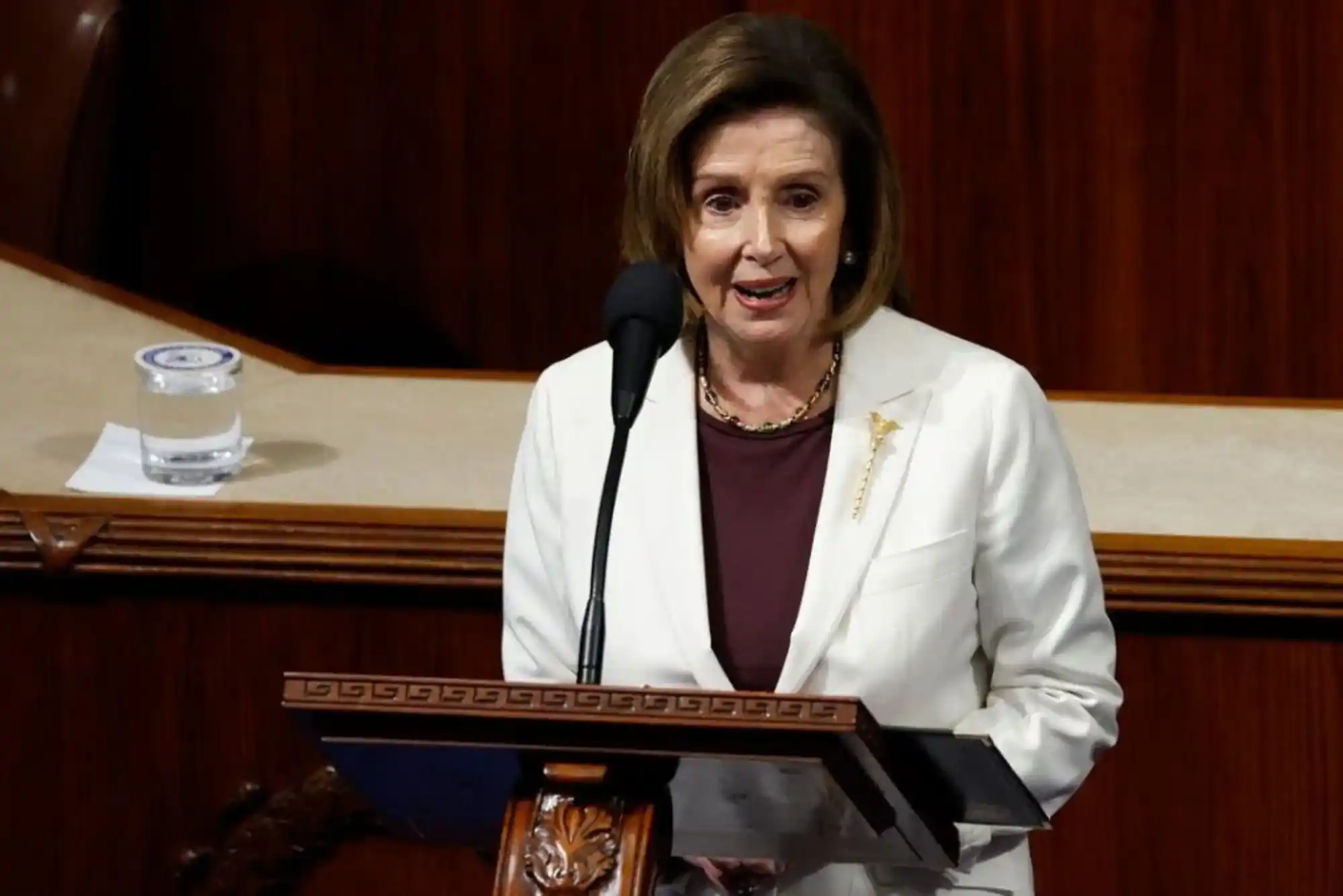The financial futures of several retired officers and their families from South Yorkshire Police have been severely impacted by a controversial tax avoidance scheme. Many of those affected are retired police sergeants and constables, along with their spouses, who sought to safeguard their pensions but instead found them decimated. At the heart of this complex situation lies the involvement of Tim Levy, a high-profile wealth adviser known for working with celebrities. The fallout from this scheme highlights both personal tragedies and the broader risks associated with aggressive tax planning strategies.
Background on the Scheme and Its Impact on Police Families
Many former South Yorkshire Police personnel decided to participate in what appeared to be a legitimate pension scheme. Promised high returns and efficient tax management, these officers entrusted their pensions to financial experts. Unbeknownst to them, the scheme was part of a tax avoidance strategy, which soon came under scrutiny by HM Revenue and Customs (HMRC).
The plan’s unraveling had devastating consequences. Former sergeants and constables, as well as their spouses, were hit with enormous tax penalties, leaving many of them in financial ruin. Officers who had served their communities for decades suddenly found themselves without the security they had counted on for retirement. Some pension pots were reduced by over half, with others depleted entirely. The emotional toll on affected families has been enormous, as these financial losses have upended their carefully planned retirements.
The Role of Tim Levy in the Orchestrated Scheme
Tim Levy, a well-known financial adviser to celebrities, was one of the key figures behind the scheme. Levy has gained a reputation for offering complex wealth management solutions to high-profile clients, including tax reduction strategies. While these tactics may have worked for his affluent clientele, they proved disastrous for ordinary participants, like retired police officers, who lacked the resources to absorb such significant losses.
Levy’s involvement has drawn criticism from many quarters. While the tax scheme may have technically followed the letter of the law, it was later deemed non-compliant by HMRC, which aggressively pursued back taxes and penalties. Officers and their spouses, who had trusted Levy’s advice, were left to bear the brunt of the fallout. Several families have since initiated legal actions against Levy, seeking compensation for their decimated pensions.
The Legal and Financial Fallout for Former South Yorkshire Police Officers
The tax scheme’s collapse has led to legal battles, with several former officers suing for compensation. Many participants argue that they were misled about the risks involved in the scheme and were not fully informed of the potential for HMRC investigations. For these officers, the financial losses go beyond money – they represent a betrayal of trust by a financial adviser they believed had their best interests at heart.
Adding to their difficulties, many of these officers and their spouses now face years of legal wrangling, with no guarantee of recovering their lost pensions. Court cases are ongoing, and while some families have reached settlements, others are locked in protracted legal battles. The emotional stress and financial uncertainty have taken a severe toll on the mental health of many affected officers.
The Broader Risks of Tax Avoidance Schemes
This situation serves as a cautionary tale for anyone considering aggressive tax planning strategies. While tax avoidance schemes may offer the promise of reduced liabilities, they also carry significant risks. In the case of these former South Yorkshire Police sergeants and constables, the decision to participate in a scheme promoted by a celebrity wealth adviser has left them facing financial ruin.
Tax avoidance schemes often operate in a legal gray area, and their compliance with tax laws can change as HMRC reviews new strategies. What may initially appear to be a legal way to minimize taxes can quickly become a liability when regulators step in. For ordinary individuals, the financial consequences of participating in such schemes can be catastrophic, as the experience of these officers demonstrates.
Calls for Reform and the Importance of Financial Education
The fallout from this scheme has led to calls for stronger regulation of financial advisers and wealth managers. Critics argue that individuals, especially those unfamiliar with complex financial instruments, should be protected from schemes that carry significant risks. Proposals include stricter licensing requirements for advisers and greater transparency about the risks associated with aggressive tax strategies.
There is also a growing recognition of the need for better financial education, particularly for public servants like police officers, who often rely on pension schemes for their retirement. Many officers affected by this scandal have expressed regret that they did not have a better understanding of the risks involved in tax avoidance strategies. Financial literacy programs could help prevent similar situations in the future by equipping individuals with the knowledge to make informed decisions about their finances.
The former South Yorkshire Police sergeant and PC spouses affected by the tax avoidance scheme orchestrated by Tim Levy are facing a difficult path forward. With their pensions decimated and legal battles still unresolved, many families are struggling to rebuild their financial security. This scandal serves as a sobering reminder of the risks associated with aggressive tax schemes and underscores the need for stronger regulations in the financial sector.




